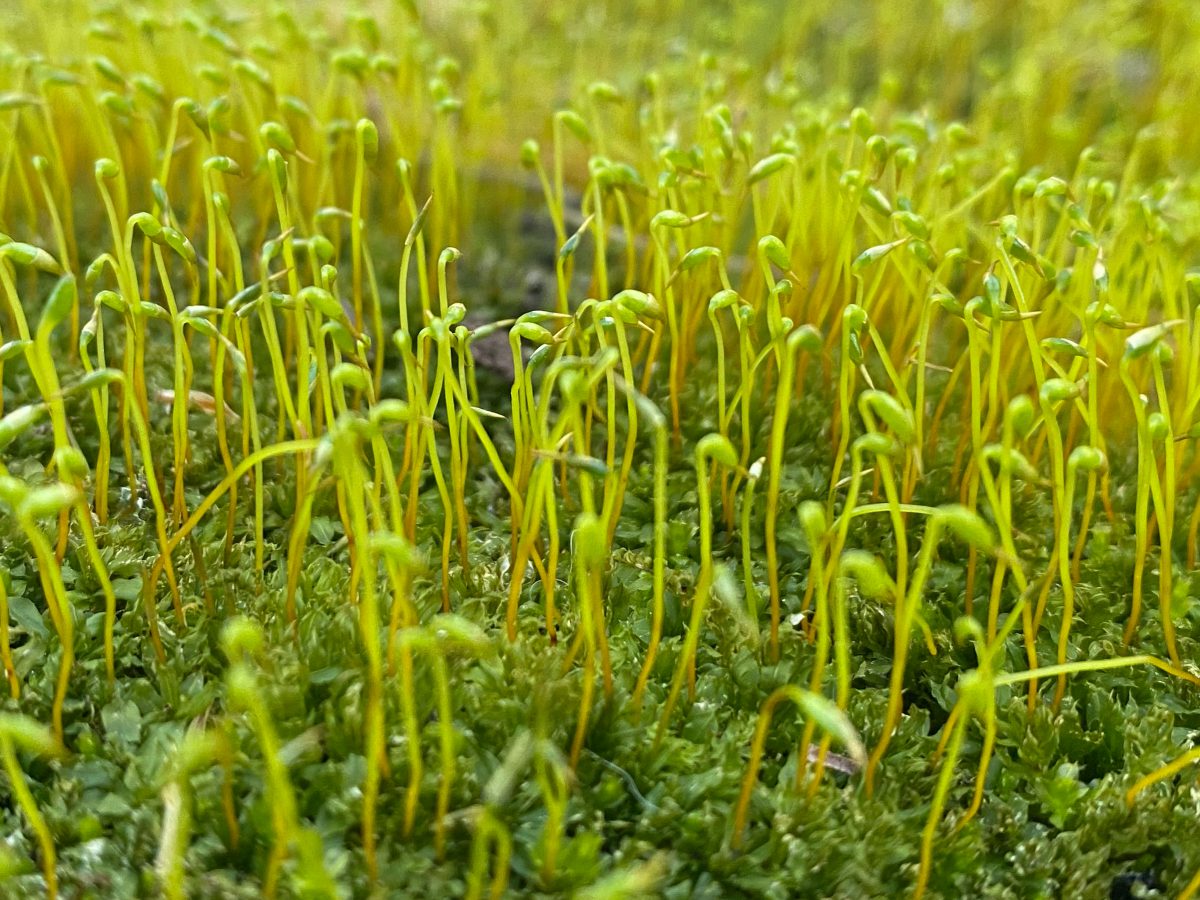Many of us tend to think of hope as a form of predictive optimism.
We say “I hope you’ll recover soon”, “I hope the doctor wears a mask”, “I hope we’ll get a sterilizing vaccine”. We say “I hope that ___”, where ____ is a statement of condition: how the world might be, maybe, in the future.
Put simply, if you’re an optimist, you believe the condition will be true; if you’re a pessimist, you believe it will be false. Either way, your influence is quite limited.
There are a few implications.
If the condition doesn’t turn out true, we consider that someone who hoped for it was somehow wrong. Their hope was “false hope”. The pessimists were “right”. It makes it appear as if it was a mistake to hope. And that means that we are sometimes afraid to hope lest it be “false hope”. We are afraid to “put our hopes into” a sterilizing vaccine because, what if it doesn’t turn out? What if we were “wrong to believe” it would work? (Note the metaphor – by putting our hopes into a vision, like an object placed into a container that is carried away, we are giving a fragile part of us away into someone else’s hands, vulnerable to someone else’s intentions, actions, and failures.)
But our fears of having ‘false hopes’ hinge on the concept of a prediction that can come true, or not. That is an extremely limited view of what hope can mean, and it is a very modernist, Western notion of control. There are very different ways to think about it. I have drawn much inspiration from Rebecca Solnit’s writing, especially her book Hope in the Dark (see a Guardian op-ed in which she later reflects on it here) and her book A Paradise built in Hell: The Extraordinary Communities That Arise In Disaster (publisher site). In her recent book Not Too Late on climate activism, she uses a quote from Václav Havel to distill a key idea she and others have written about:
“Hope is not the conviction that something will turn out well, but the certainty that something is worth doing no matter how it turns out.” — Václav Havel
Consider this: optimism means that things will be fine in the end, so we don’t really have to act. Pessimism means that things will turn out badly no matter what we do, so there’s no point in acting. In either view it doesn’t actually matter what we do, so we might as well just watch more Netflix. It is a rather defeated place.
But that simply isn’t true. Not only is the future notoriously unknowable because it hasn’t happened yet, and there are no absolutely certainties. More importantly, there are other meanings that are getting lost in this predictive frame of pessimism/optimism. If we build our notion of hope on top of predictive optimism, we are limiting us.
There are other, more generative meanings that we can give to the noun hope and the verb to hope. Havel points to his intrinsic reasons for action. We can think of hope instead as a force of motivation, a conviction that it is right and worthy to act. And if you think of it as such, it is a source of strength. What we do matters. Our actions are meaningful, both because you never know, and more importantly, because they have intrinsic value. Some things are worth doing no matter how things turn out, no matter if you don’t achieve the operational goals that you have set. From Rosa Parks to Standing Rock, history is littered with events where intrinsically motivated actions for one objective led to all sorts of secondary outcomes.
As Maria Popova wrote, “Critical thinking without hope is cynicism. Hope without critical thinking is naïveté.” (See also her breathtaking poem The Half-Life of Hope and her reflections on Rebecca Solnit’s Hope in the Dark, much more eloquent than my thoughts.)
Things to read, or listen to
Popova, M. (2016, March 16). Rebecca Solnit on Hope in Dark Times, Resisting the Defeatism of Easy Despair, and What Victory Really Means for Movements of Social Change. The Marginalian. https://www.themarginalian.org/2016/03/16/rebecca-solnit-hope-in-the-dark-2/
Popova, M. (2015, February 9). Hope, Cynicism, and the Stories We Tell Ourselves. The Marginalian. https://www.themarginalian.org/2015/02/09/hope-cynicism/
Solnit, R. (2010). A Paradise Built in Hell: The Extraordinary Communities That Arise in Disaster. Penguin. Because it is a brilliant takedown of one of the greatest scams of Western/colonial propaganda: that in the absence of a strong authority, people are going to be ruthless murderers killing each other for resources. It has never been true, and Solnit shows how the opposite is generally true: when faced with disaster, most people instantly turn to helping their neighbors. It is a very well researched and hopeful view of human nature.
Solnit, R. (2016). Hope in the dark: Untold histories, wild possibilities (3rd edition, with a new foreword and afterword.). Haymarket Books. As the title says, this book examines what hope can mean, should mean, why we might hope in difficult times, and what we might hope and strive for. See also her reflections ten years after the initial publication of the book.
Also consider
Spade, D. (2020). Mutual aid: Building solidarity during this crisis (and the next). Verso.
Macy, J., & Johnstone, C. (2012). Active Hope: How to Face the Mess We’re in without Going Crazy. I come across this book all the time but have just started reading it…

